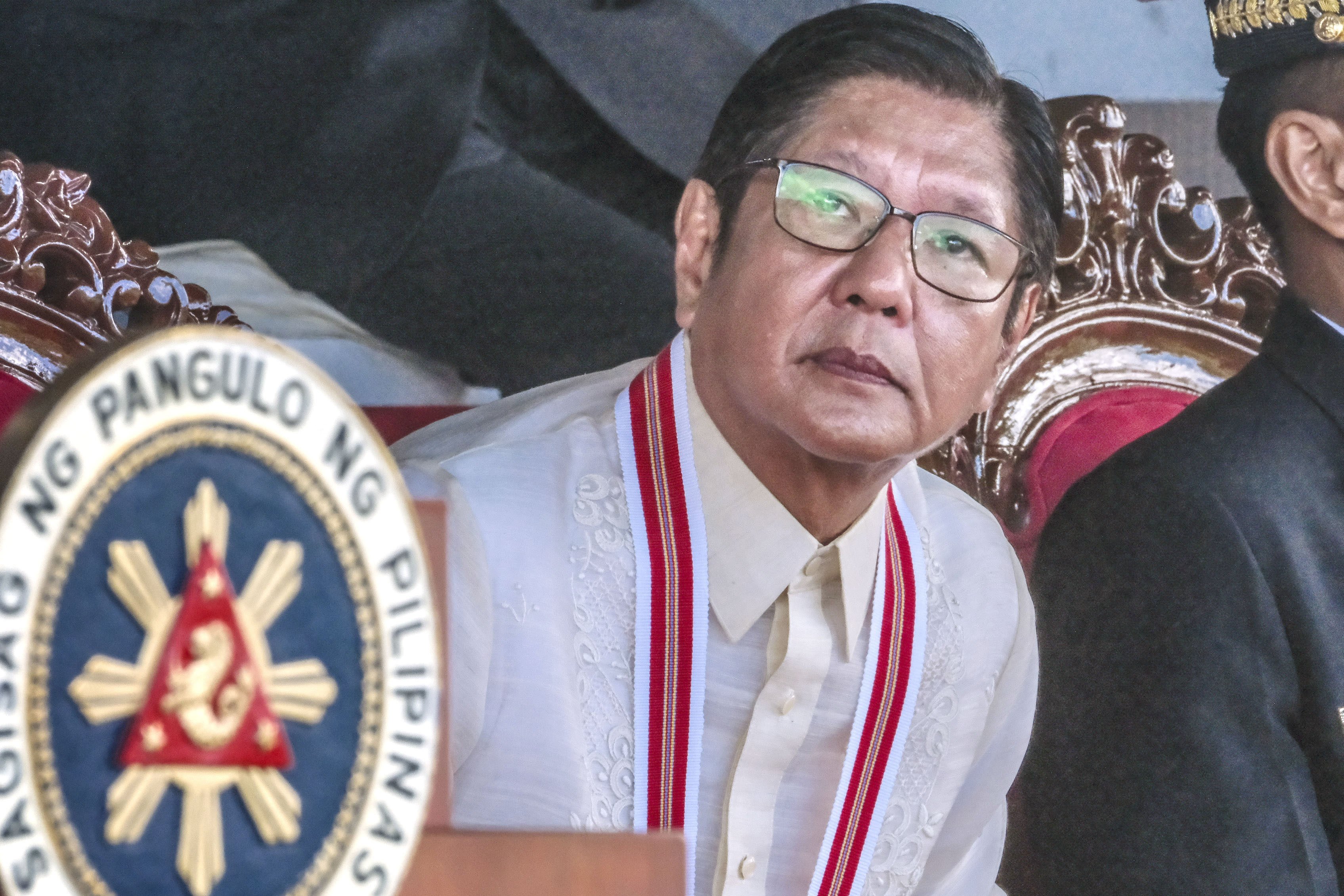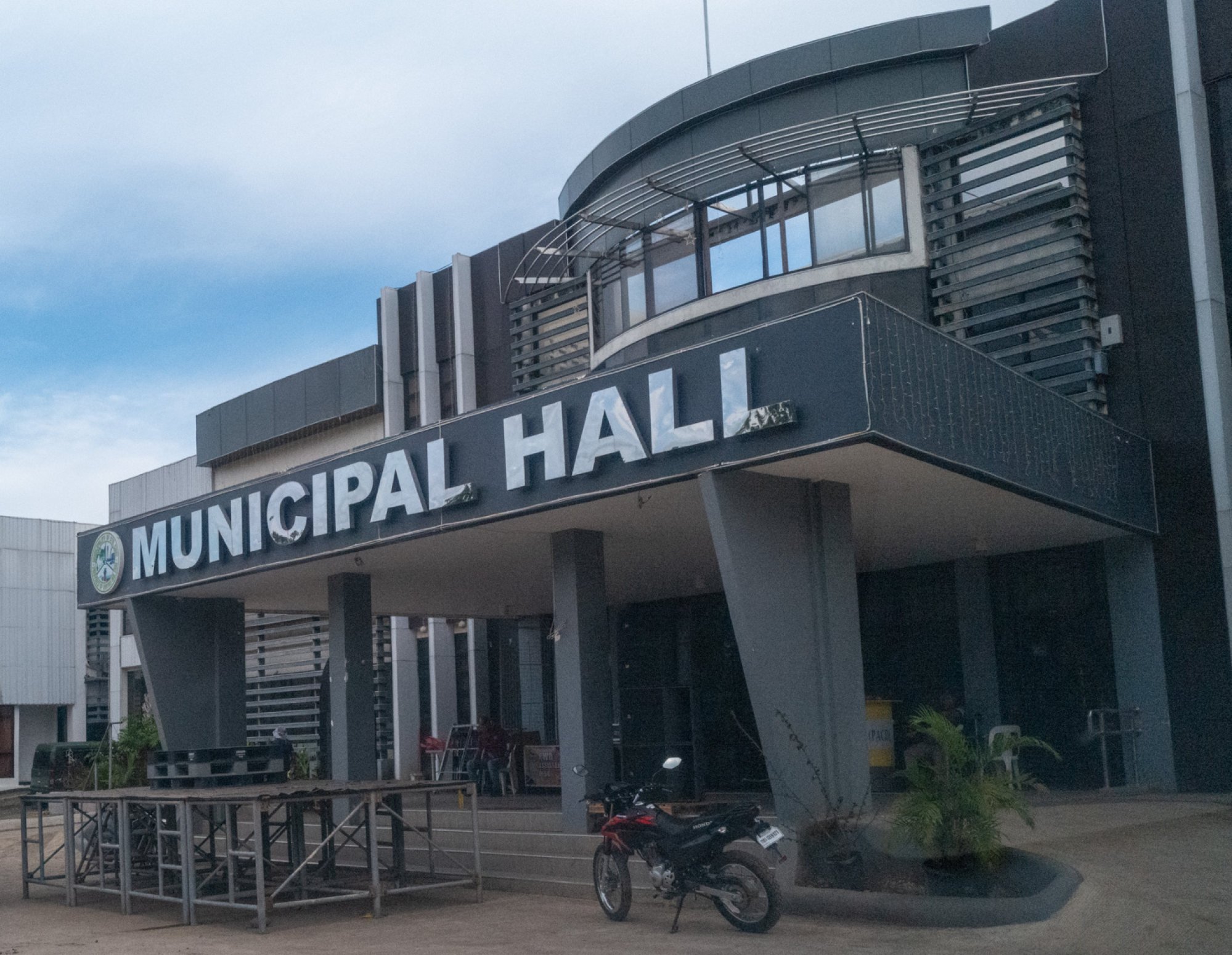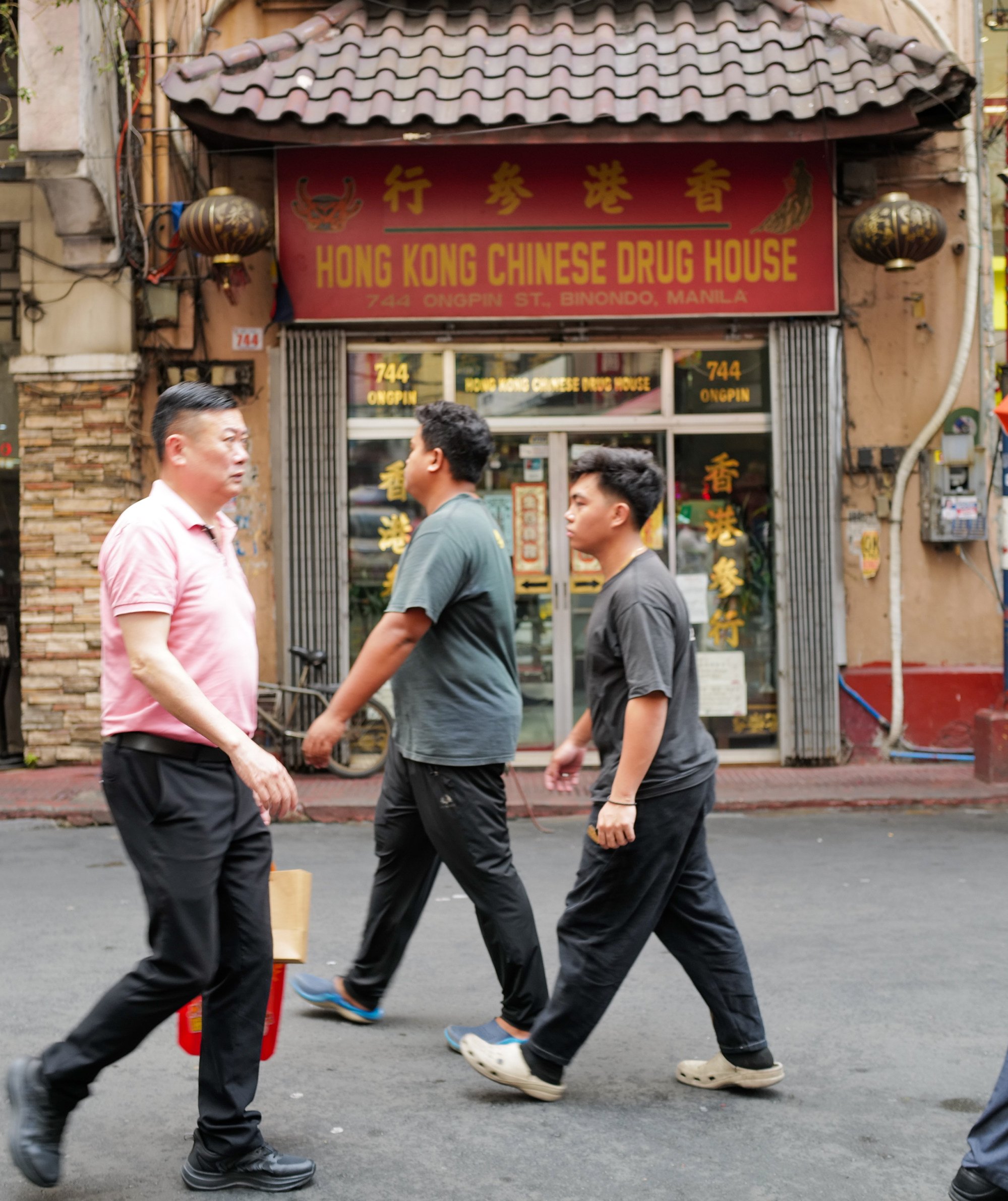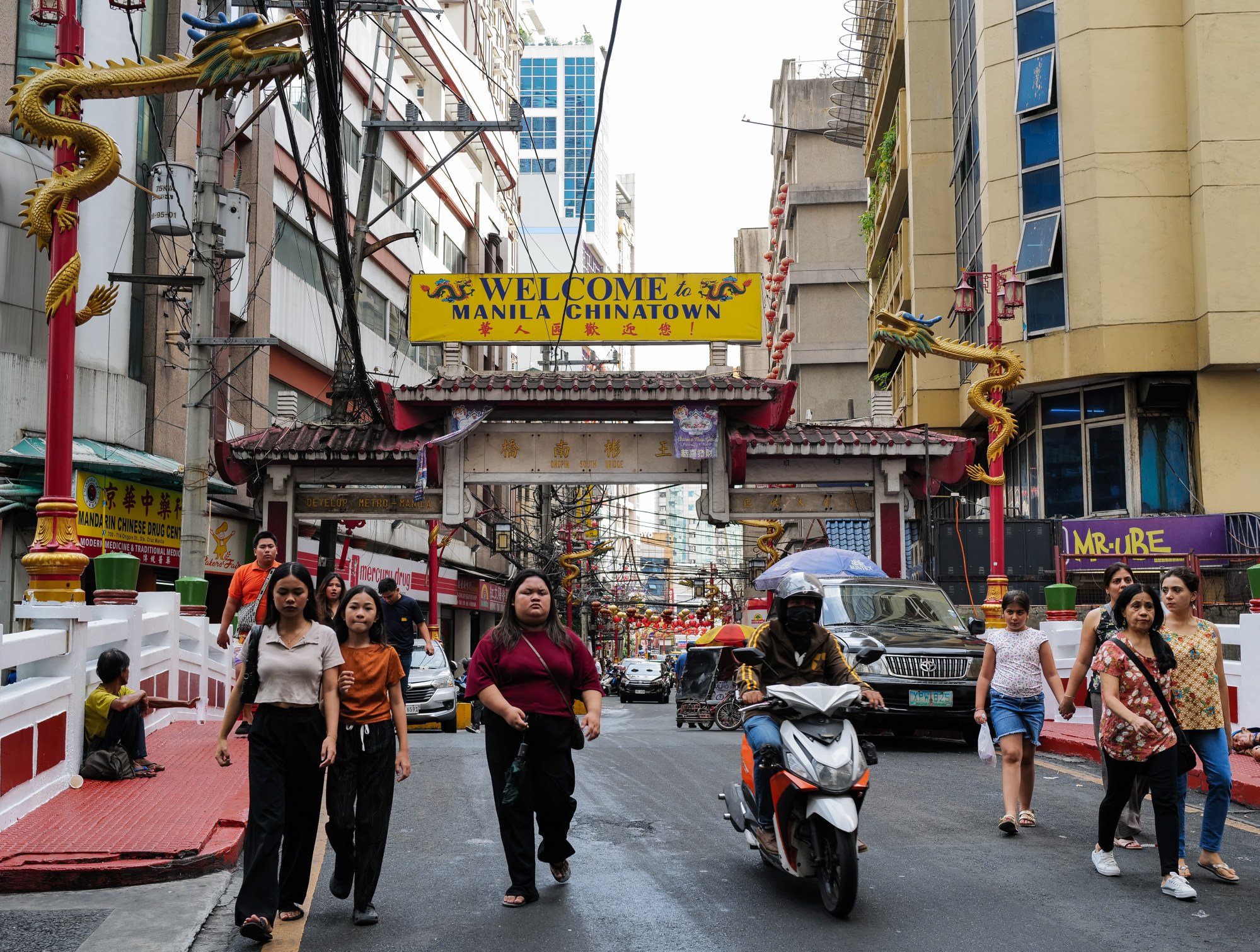Fake Filipinos scandal reignites Chinese espionage fears in Philippines
As arrests mount, Manila faces growing pressure to address systemic corruption that allows foreigners to obtain fake IDs

In the Philippines, a spate of arrests of Chinese nationals using fake local identities has reignited espionage fears, following President Ferdinand Marcos Jnr’s directive to defend the nation’s sovereignty from foreign criminal activity.
On May 14, Immigration Commissioner Joel Anthony Viado announced the arrest of Wang Chaoxin, a 32-year-old Chinese national caught posing as a Filipino while managing a trading company.
Authorities also detained four of Wang’s Chinese associates. Of the group, three held working visas but were employed by companies other than those listed in their documents, while the fourth lacked a permit altogether. Viado revealed that Wang had used a Philippine driving licence and birth certificate under a fictitious Filipino name to register his business, according to local media.
This is not an isolated case. Last July, the National Bureau of Investigation (NBI) uncovered roughly 1,200 instances of Chinese nationals obtaining fraudulent birth certificates from Santa Cruz, a small town in Davao del Sur, Mindanao.
By November, the number had grown to 1,600, with most of the fake documents issued between 2018 and 2021.

The NBI has filed 66 counts of corruption, perjury, falsification of public documents and Civil Registry Act violations against four municipal employees, including the civil registrar. Last month, the bureau confirmed that similar cases were under investigation in other parts of the Davao region.
Long-standing problem
The sale of fake IDs to Chinese nationals is not new, often driven by poverty, limited job opportunities or even cultural norms. But experts say the scale and sophistication of the latest operations have raised red flags.
“The practice of falsifying cards in the Philippines have been made available for decades and there seem to be other unpatriotic locals that … allow these fake IDs to proliferate, but it is not difficult to assume that there are many individuals who actually take part in these illegal activities,” lawyer Danielito Jimenez, founder of advocacy platform The Pinoy Street Lawyer Official, told This Week in Asia.
“Both the private sector and the government should also take a more active part in taking down pages and groups online that promote and sell fake IDs.”
Political analyst Edmund Tayao, a professor at the San Beda Graduate School of Law in Manila, said the illegal issuance of official documents – including birth certificates, driver’s licences and passports – has long plagued the country.
While the Philippines has established Chinese communities, owing to a long history of immigrants settling in the country, Tayao warned that the “alarming” trend of Chinese nationals masquerading as Filipinos could be part of a calculated strategy by Beijing.

Sherwin Ona, a visiting fellow at Taiwan’s Institute for National Defence and Security Research, linked the phenomenon to criminal activities associated with the now-banned Philippine Offshore Gaming Operators (Pogos) industry. The Marcos administration outlawed Pogos due to rampant human trafficking concerns and other crimes.
The president gave the directive to defend the nation’s sovereignty on February 6, after the NBI revealed that 450 foreign nationals had been arrested since January for violating Philippine laws, particularly those involved in Pogos.
Ona also suggested darker motives, pointing to potential espionage and influence operations.
“Aside from the integration of civil registries and licensing systems, I believe that [local government units] should be capacitated on how to identify and monitor malign activities,” Ona said, noting that lower-tier agencies were often exploited as weak entry points.
‘Fuelled by spoils’
Corruption within local government exacerbates the issue, Tayao said, describing it as a loophole ripe for exploitation.
“We barely have independent public institutions as control of government is by political families that are fuelled by spoils,” he said.
“These spoils are the very reason for systemic corruption. And because of this, we now even have officials in high positions actually influenced by China or are obviously pro-China. Everything is just decided by money.”

Congressman Zia Alonto Adiong of Lanao del Sur echoed these concerns, calling for an expanded investigation in a statement earlier this year.
“We should look for similar operations in other parts of the country, especially during the administration of former president Rodrigo Duterte, when Chinese influence grew unchecked,” he said.
Legal expert Aldrin Alba, from the Political Economic Elemental Researchers and Strategists think tank, stressed the need for accountability.
“There must be accountability and those perpetrators brought to justice – not only the staff but most especially the officials,” Alba said.
Legislative action
In December, lawmakers approved the Fraudulent Birth Certificate Cancellation Law, or House Bill 11117, which aims to expedite the nullification of birth certificates fraudulently obtained by foreign nationals, primarily Chinese linked to Pogos.
However, the bill has stalled. “Definitely this will no longer be passed under the 19th Congress,” Jimenez said. “Hopefully, President Marcos can make this an urgent measure to ensure passage in the next Congress.”
The Chinese embassy in Manila has strongly denied claims of espionage and infiltration, calling such allegations “baseless” and accusing critics of smearing China and its citizens.
Amid these denials, experts like Jimenez say that education, patriotism and improved legislation are crucial to tackling the issue.
On top of crackdowns, he said reforms were needed that balance resolving the status of undocumented Filipinos with preventing the spread of fake IDs and other documents.